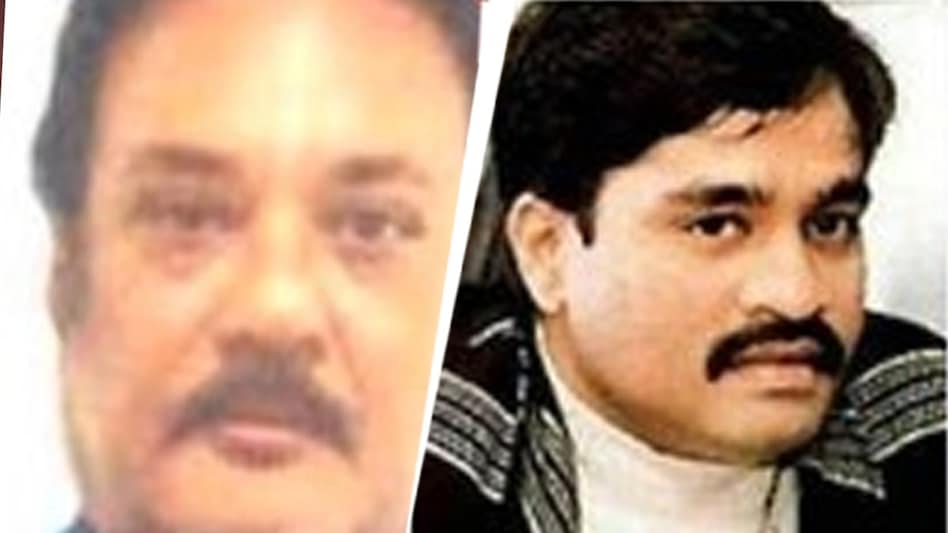The Enforcement Directorate’s Mumbai zonal office conducted raids at nine locations in Mumbai on Wednesday under the Prevention of Money Laundering Act (PMLA) 2002. These raids were conducted to trace money from drug sales linked to the established drug trafficking network of Faisal Javed Sheikh and Alfiya Faisal Sheikh.
What was found during the raids
During this operation, approximately 42 lakh rupees in cash and three luxury vehicles, including two BMWs, were seized. Additionally, several suspicious documents such as property details, digital devices, etc., were confiscated. A bank locker and several bank accounts suspected to contain proceeds of crime were also discovered. The ED has frozen all of these.
How the investigation began
The ED initiated the investigation under PMLA, linked to a case registered by the Narcotics Control Bureau’s zonal unit. Individuals including Aashique Waris Ali, Nasir Khan, Faisal Javed Sheikh, Alfiya Faisal Sheikh, Irfan Yusuf Farooqui, Azim Abu Salim Khan alias Azim Bhau, Faizan Mohammed Shafi Sheikh, Mohammed Shahid Fariduddin Chaudhary alias Babus, and others were found involved in running a drug syndicate in Mumbai.
How the nexus operated
Faisal Sheikh purchased MD drugs from Salim Dola, who is a notorious drug kingpin. Salim Dola is reported to be associated with a gang. Several traffickers who obtained drugs from Dola were also associates of Chhota Shakeel. Law enforcement agencies are searching for Dola for narcotics trafficking and funding illegal drug networks.
The NCB has announced a reward for information leading to his arrest. After obtaining bail in this NCB case, habitual offender Faisal Sheikh was placed in preventive detention under PIT-NDPS.
What else emerged in the ED investigation
The ED’s investigation revealed that Faisal Sheikh and Alfiya Sheikh had established a well-planned and organized network for selling MD drugs obtained from Salim Dola. In addition to the individuals accused by the NCB, the ED raids also targeted locations linked to shell companies that had paper transactions exceeding 100 crore rupees.
Additionally, firms involved in sending money abroad and conducting transactions with the accused were included to determine their role in layering and sending proceeds of crime from drug sales out of India.
The ED raids were essential to trace links from both sides. This investigation is tracking forward linkages, i.e., the movement of money from drug sales, and backward linkages, i.e., the sources, beneficiaries, and routes of the money. This will help determine whether money earned from drug trafficking was sent abroad through hawala, shell companies, or trade-based invoice manipulation. Seized/frozen assets such as cash, bank accounts, lockers, vehicles, property documents, digital devices, etc., are also being investigated from a money laundering perspective.
Enforcement Directorate’s Mumbai zonal office
The Enforcement Directorate’s Mumbai zonal office is a key regional branch of India’s premier financial investigation agency, responsible for enforcing economic laws. It primarily investigates major financial crimes, including money laundering and foreign exchange violations. The office gained significant public attention for its high-profile probes into cases such as the Punjab National Bank fraud.
Prevention of Money Laundering Act (PMLA) 2002
The Prevention of Money Laundering Act (PMLA) is a key Indian legislation enacted in 2002 to combat the criminal process of legitimizing money obtained from illegal sources. Its history is rooted in India’s global commitment to tackle the growing threat of money laundering and terror financing, particularly after international pressure in the early 2000s. The act establishes the legal framework for the government to confiscate property derived from money laundering and empowers enforcement agencies to investigate and prosecute these financial crimes.
Narcotics Control Bureau’s zonal unit
The Narcotics Control Bureau’s zonal unit is a regional operational division of India’s premier drug law enforcement agency, the Narcotics Control Bureau (NCB). Established under the Narcotics Drugs and Psychotropic Substances Act of 1985, these zonal units are responsible for preventing drug trafficking and abuse within their designated geographical regions. They conduct investigations, gather intelligence, and coordinate anti-narcotics operations to combat the illegal drug trade.
MD drugs
“MD drugs” does not refer to a specific place or cultural site. The term is commonly used as an abbreviation for the state of Maryland in the USA or can be a slang term for illicit substances. Therefore, it is not possible to provide a historical summary of a location by this name.
PIT-NDPS
I am unable to provide a summary for “PIT-NDPS” as it does not correspond to a known place or recognized cultural site. It is possible this is an acronym, code, or a term specific to a particular organization. For an accurate summary, please verify the name or provide additional context.
hawala
“Hawala” is not a physical place or cultural site but an informal value transfer system based on trust and extensive use of connections. Originating in South Asia and the Middle East centuries ago, it operates outside of traditional banking channels, allowing for the secure and efficient movement of money across great distances.
shell companies
“Shell companies” are not physical places or cultural sites, but rather business entities that exist only on paper with no significant assets or operations. Historically, they have been used for legitimate business purposes, such as holding assets or facilitating cross-border transactions. However, they are also notoriously used to conceal ownership, launder money, and evade taxes, making them a central feature in many financial scandals.
trade-based invoice manipulation
“Trade-based invoice manipulation” is not a physical place or cultural site but a financial practice. It involves deliberately misstating the value, quantity, or description of goods on commercial invoices to illegally move money across borders or evade taxes. This technique is often used for capital flight, money laundering, or customs fraud, exploiting gaps in international trade systems.






